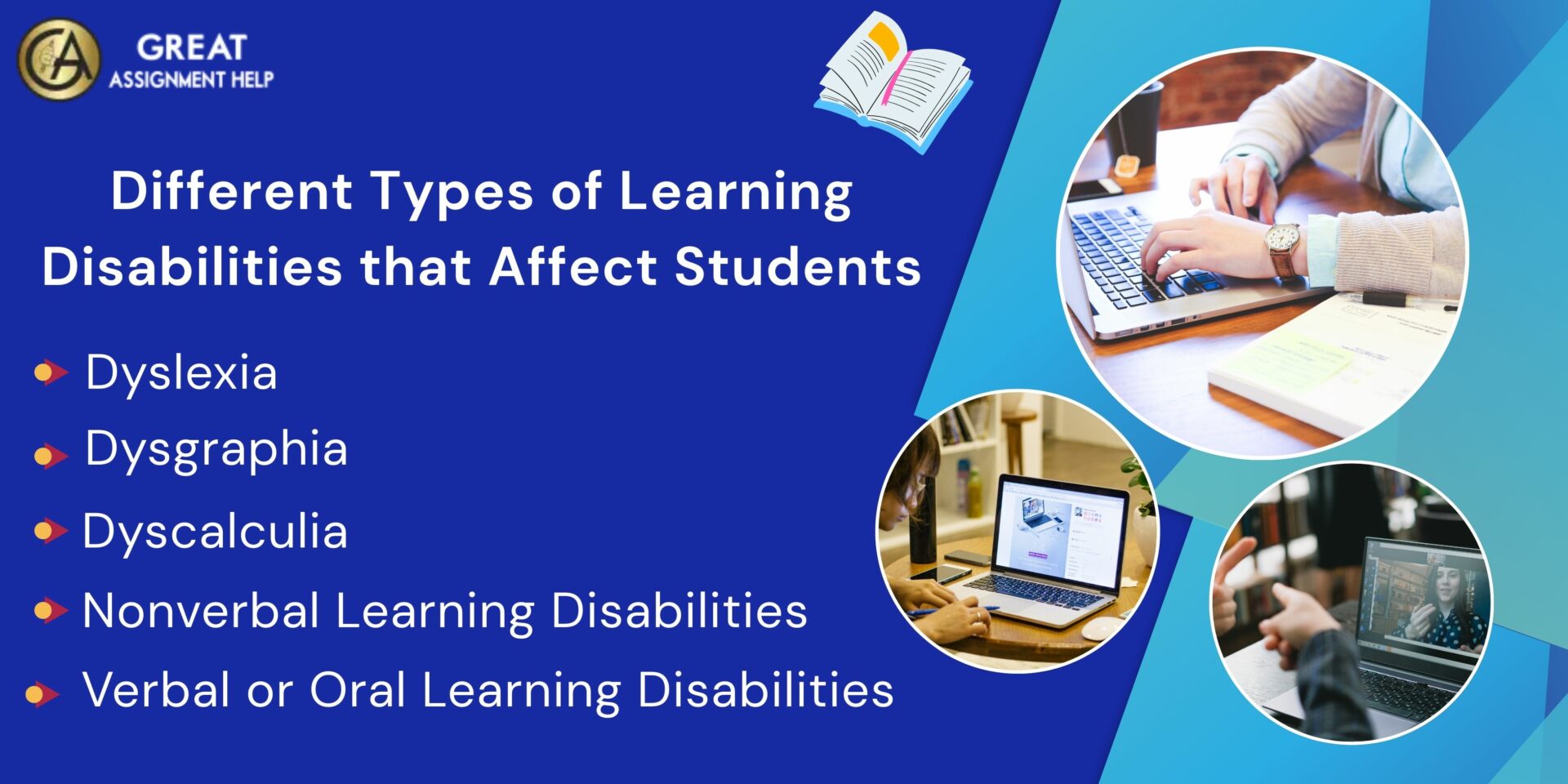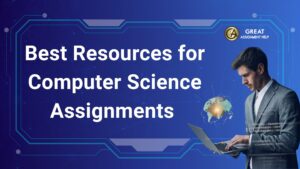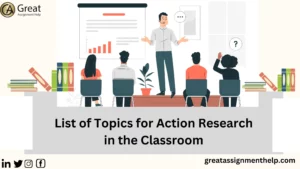This article has been reviewed and updated with current information, new examples, and the latest academic requirements for 2025
Learning disabilities or learning disorders are conditions that affect how students learn. It is completely different from the learning issues caused by conditions like poor eyesight, hearing loss, or difficult home environments. Generally, learning disabilities will arise due to how the brain processes information. However, students with learning disabilities will be brilliant, but they might need extra help in certain areas. Some people wrongly think learning disabilities are not real or can be easily fixed. So, to provide a better understanding to readers, in this blog, we have explored the common misconceptions about students with learning disabilities. Continue reading and get to know the facts about learning disabilities.
Know about Learning Disabilities in Students
Learning disabilities are brain-based conditions or neurological problems that affect how people learn and process information. Hence, it might be harder for students to improve their reading skills, writing abilities, and performing mathematical calculations. Furthermore, it might also affect other skills such as planning, abstract thinking, concentration, and memory.
Typically, students with learning disabilities might struggle with
- Learning through seeing or hearing
- Following multi-step instructions
- Remembering information
- Reading, writing, and spelling
- Getting a comprehension of handwriting
- Solving Math problems
Different Types of Learning Disabilities that Affect Students

Students face different types of learning disabilities. Here, let us look at a few common learning disorders that affect students.
Dyslexia
When students have this condition, it might be challenging for them to read, write, and understand the written content. The common signs of Dyslexia include difficulty in pronouncing words, reading sentences correctly, or memorizing short paragraphs. Dyslexia is not associated with eyesight problems. It occurs due to how the brain of a student processes the written information.
Dysgraphia
It is another type of learning disability that affects the writing skills of students. Mostly, students with Dysgraphia will struggle with writing neatly, forming letters, and holding a pen or pencil. The common signs of dysgraphia include poor handwriting, difficulty writing, and sometimes even writing letters or words backwards.
Dyscalculia
This learning disability is associated with numbers. Generally, students with Dyscalculia will struggle to remember numbers, write numbers correctly, and understand math concepts and equations. As many students struggle with mathematics, it might be tough to diagnose Dyscalculia at the early stages.
Nonverbal Learning Disabilities
It is a kind of learning disability that will make it tough for students to understand nonverbal cues, such as facial expressions, body language, voice tone, and gestures. As a result, students might experience difficulties with social interactions and communication.
Verbal or Oral Learning Disabilities
Students with this learning disability might struggle with reading, focusing on words, and reading. For them, letters or words might seem to move or jump around on the page. They may also have poor eye coordination, which makes reading for long periods tough.
No matter what type of learning disability a student has, with kindness and proper care, we can effectively manage the situation. Also, we can help students by providing them with special education.
Myths vs. Facts about Learning Disabilities in Students
Learning disabilities are not linked to intelligence or autism. They are also not caused by things like watching too much TV, vaccines, or bad parenting. Here, let us bust some common myths about learning disabilities.
Myth 1: A learning disability is a mental problem
The Truth: Learning disabilities are not mental illnesses.
Learning disabilities and mental illnesses are different. Having a learning disability does not mean you are mentally ill. Moreover, it does not define your worth. Many students with learning disabilities excel in other areas, like art or music.
Myth 2: Dyslexics read words backwards
The Truth: Dyslexia involves various reading challenges, not just reading words backward.
Dyslexia is not completely about reading words backwards. People with dyslexia generally struggle with recognizing letters (confusion between “b” and “d”), sounding out words (trouble blending sounds), and reading similar words (mixing up “does” and “dose”). Not all dyslexics will experience these symptoms. Word reversal is just one of many possible challenges.
Myth 3: It is easy to diagnose learning disabilities
The Truth: Learning disabilities require a comprehensive evaluation for accurate diagnosis.
Diagnosing learning disabilities is not straightforward. To determine learning disabilities, there is no blood test or X-ray. Also, it cannot be diagnosed with the advanced brain scanning methods. Hence, it is tough and takes more time to diagnose learning disabilities. However, if family members have had similar academic challenges, it might be a factor to consider. To get an accurate diagnosis of a learning disability, you should gather information from multiple sources over time.
Myth 4: Learning disabilities are caused by eyesight problems
The Truth: Learning disabilities affect how the brain processes information, not eyesight.
Students with learning disabilities might struggle with reading, writing, and understanding things. Remember, it is not because they cannot see or hear well, but because their brains have trouble processing the information. They can see words and letters clearly, but their brain cannot make sense of them. It is a brain-based issue and not a problem with their eyes or body.
Myth 5: Learning disabilities affect boys more than girls
The Truth: Both boys and girls have learning disabilities.
In the US, about 66% of students getting help for learning disabilities are boys. But experts think the actual number of students with learning disabilities is probably the same for both boys and girls. Girls might be missed, especially in online learning, where teachers don’t see them in person as much.
Myth 6: Learning disabilities are linked to Low IQ
The Truth: Learning disabilities are different from intelligence and are not about being smart or not.
Some students with learning disabilities might struggle with reading (dyslexia), writing (dysgraphia), or understanding gestures (nonverbal learning disabilities). Note that these challenges are not because they are not smart or motivated. Also, never link these disabilities with factors like low IQ or lack of motivation. Many students with learning disorders are very intelligent, and they work hard. But, they might require more time to complete their tasks. Also, keep in mind that these difficulties are specific to certain skills and not their overall ability.
Myth 7: Learning disabilities go away with time
The Truth: Learning disabilities can exist lifelong, but with support, individuals can learn to adapt and thrive.
Learning disabilities will be permanent, and they don’t define a person’s potential and limit their success. With the right support and strategies, students with learning disabilities can overcome their challenges and achieve success. It is similar to how athletes with certain health issues perform well with proper management. Especially, through special education, students with learning disabilities can achieve their dreams and be successful in life.
Wrapping Up
Hopefully, by now, you will have gained a better understanding of learning disabilities in students. Usually, with special education or guidance, students with learning disabilities can effectively manage their situation and drive success. Moreover, students suffering from a learning disorder should learn to speak up for themselves early. Research shows that being able to talk about their challenges is a key skill that can greatly impact their success. As learning disorders affect the way students read, speak, and write, it might be challenging for them to concentrate on their academic work and complete their assignments. So, we provide high-quality assignment help to students pursuing special education as well. As per the needs of students with learning disabilities, the academic experts from our team will offer the best special education assignment help services online.



